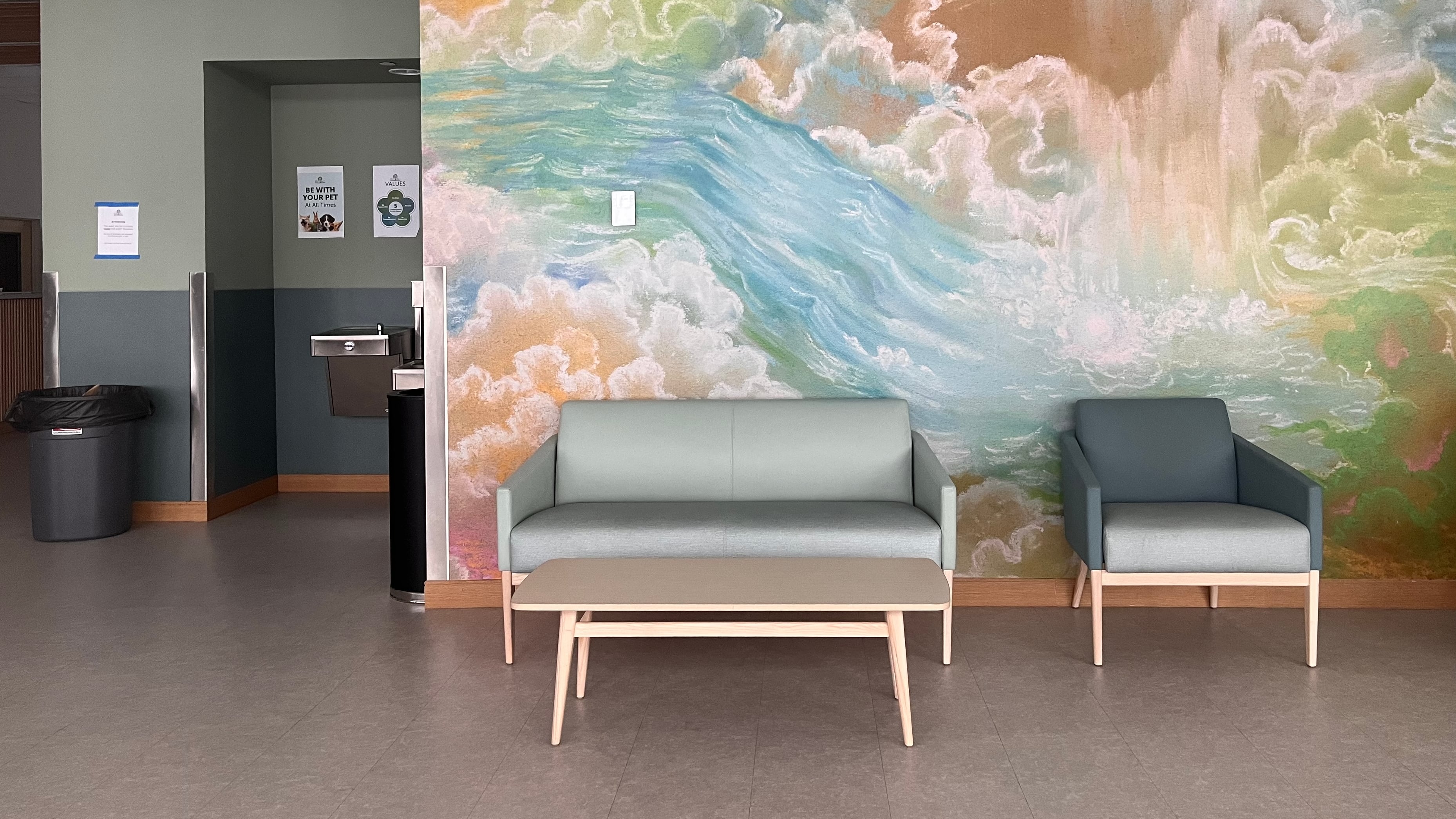Multnomah County’s Behavioral Health Resource Center in downtown Portland, which serves the city’s homeless population as a day center, abruptly shut down at the end of last week.
It will remain closed until April 17, according to the county website. An announcement on the website cited “building improvements and staff training.” But the lengthy closure occurred with little advance notice on a Friday evening.
County spokeswoman Julie Sullivan-Springhetti says the center will “undergo building improvements regarding security and staff training,” and “there were some programmatic and infrastructure needs that needed to be addressed, and this is the time to do it.”
The timing is peculiar, seeing as on Friday alone 11 people overdosed downtown—all within six blocks of the center. Three died. A number of those overdoses occurred at or near the block of abandoned commercial properties at Southwest 4th Avenue and Washington Street that’s become a fentanyl market. (The properties are owned by LLCs controlled by the Menashes, one of the city’s most prominent real estate families.)
The sudden closure comes just one week after the county announced the second phase of the center: a behavioral health residential program that seeks to transition people off the streets into permanent housing within 30 days, and a 19-bed program on the fourth floor that seeks to place people in housing within 90 days. The county said the two programs would be up and running this spring, but offered no specific date.
The day center, which first opened in December, is run by the nonprofit Mental Health & Addiction Association of Oregon.
The day center on the first floor currently provides an indoor respite for homeless people and helps connect them to services like addiction treatment and mental health providers. The center, according to the county, serves about 1,100 people per week. They’re offered showers, laundry services and a safe place to rest.
Staffers there have all experienced either homelessness, addiction or mental health diagnoses before; that peer support, experts say, creates deeper connections between clients and service providers.
Last month, WW reported on the concerns of surrounding business owners about spill-over effects from the BHRC. Business owners cited increased vandalism, drug use and threats to physical safety since the center opened in December.

